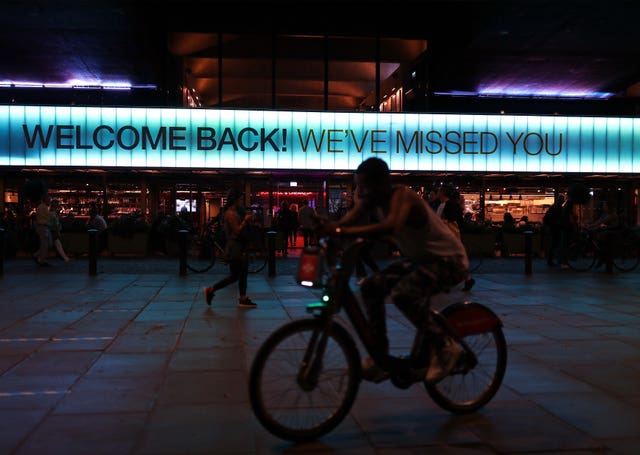The British Film Institute (BFI) has partnered with University College London to launch a £1 million research project into the links between racism, racial inequality, diversity and policy in the UK film industry.
Called The Colour Of Diversity, it will explore the experiences of people of colour at every level of the sector, from actors to technicians and black and minority ethnic (Bame) audiences.
The three-year project is funded by the Arts and Humanities Research Council.
According to organisers, the study was submitted and reviewed prior to the killing of George Floyd in May 2020, but has taken on “greater significance” given “increased attention to the presence and impact of structural and institutional racism within the UK’s cultural and creative industries”.
It will be led by principal investigator Dr Clive Nwonka, incoming lecturer in film culture and society at UCL’s Institute of Advanced Studies, and co-investigator Professor Sarita Malik, professor of media, culture and communications in the Department of Social and Political Sciences at Brunel University London.
They will be recruiting a post-doctoral research assistant, who will be based at UCL.

The study will focus on the findings and impact of the BFI’s Diversity Standards, which were launched in 2016 as a contractual requirement for all BFI funding, including fiction and documentary films funded via the BFI’s partners.
Researchers will analyse films that have adhered to the Diversity Standards to determine their relation to the lived realities of Bame people.
Workshops, forums, seminars and other events will also be held to engaged with Bame creatives and audiences across the UK.
The research project will start in September, with key findings to be made public in summer 2024.
Dr Nwonka said: “Despite nearly three decades of policy initiatives, racial inequalities in the screen industry in terms of workforce demographic and on-screen representations of black and ethnic minority identities remain a significant social problem.
“What has been missing is a close-up analysis, over time, of how diversity policy that has attempted to respond to racial inequalities is constructed and implemented, and its success, failure and impact.”
Jen Smith, head of inclusion at the BFI, said: “We welcome the opportunity to work with UCL to evaluate the construction, development and impact of the BFI Diversity Standards.
“We look forward to learning from and building on the insights from this ground-breaking study as we continue our work to create a UK film industry that leads the world in dismantling racial inequalities in our sector.
“This dismantling needs to be demonstrable in its actions relating to workforce, practices, policies and its creative outputs.”
– More information is available at https://gtr.ukri.org/projects?ref=AH%2FV006045%2F1
